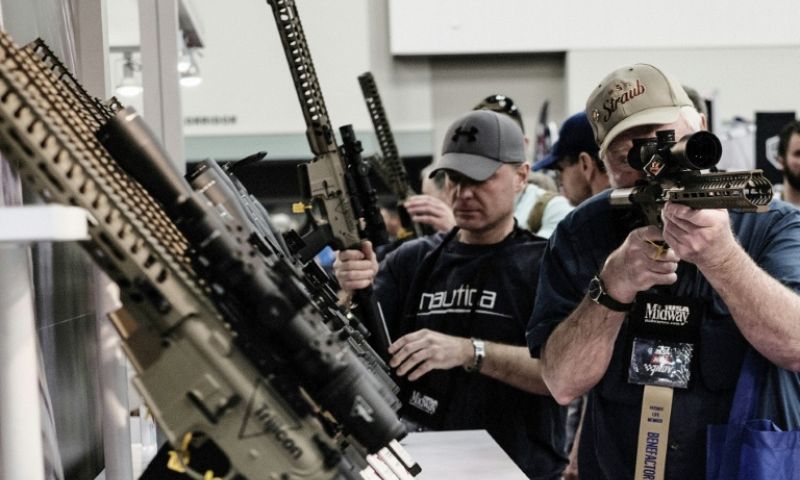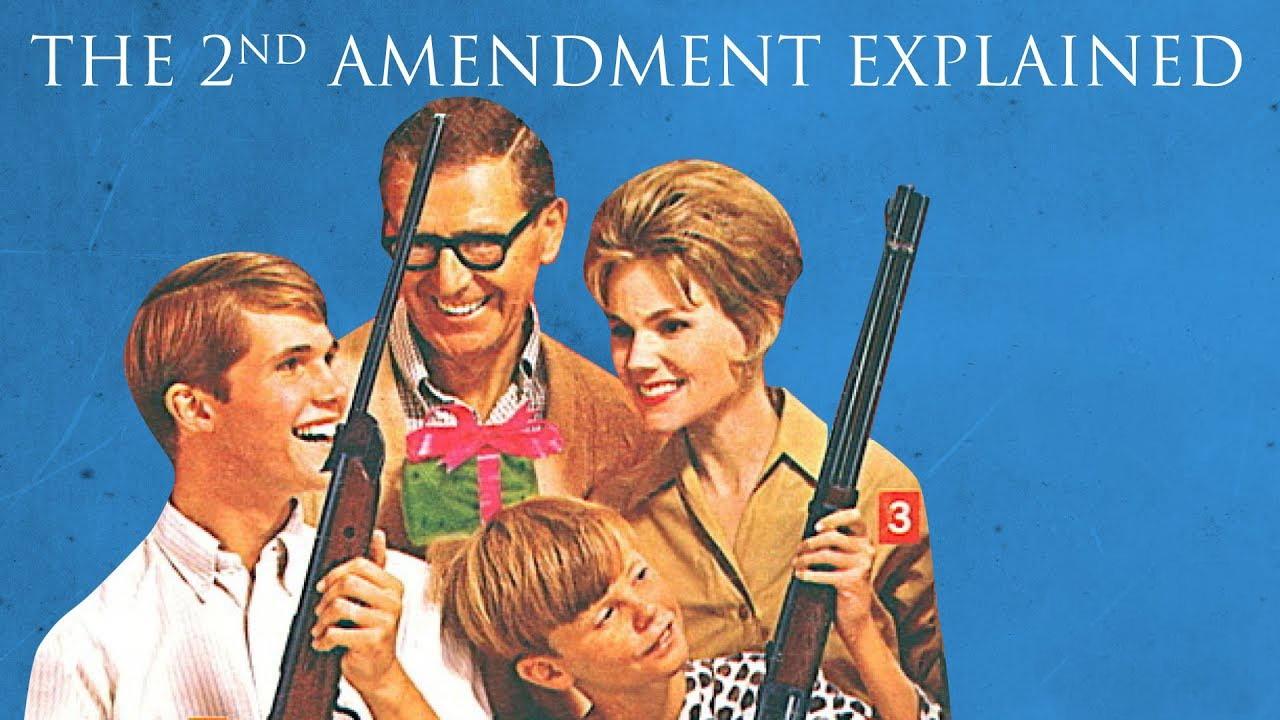Forty-five Republican U.S. senators filed a Congressional Review Act resolution to block a Biden administration Bureau of Alcohol, Tobacco, Firearms and Explosives rule from being enforced that would require anyone who sells firearms to register as federal firearm licensees.
The administration argues the rule is implementing aspects of the 2022 Bipartisan Safer Communities Act spearheaded by U.S. Sen. John Cornyn, R-Texas, among others.

For decades, federal law has distinguished between firearms dealers, who are required to have a federal license to sell firearms, and private individuals who are not required to have a license to purchase and sell firearms privately.
Claiming the new law as the basis for the rule, the ATF measure would require thousands of law-abiding citizens to register as dealers to buy, sell or trade firearms with friends and neighbors. The Republican attorneys general argue the rule is unconstitutional and burdens citizens with unnecessary costs.
In response to the rule, 26 states sued seeking a court to block it from going into effect. Texas and Kansas led two multi-state coalitions; Florida filed its own lawsuit, The Center Square reported. A judge just granted the Texas-Kansas led coalition a temporary restraining order against the administration, halting the rule from going into effect until June 2, to allow hearings to be held.
In U.S. District Judge Matthew Kacsmaryk’s 14-page ruling, he said, “The plaintiffs would suffer irreparable injury absent an injunction is hard to dispute. Plaintiff Texas faces the irreparable injury of revenue loss. Other Plaintiffs face both civil and criminal enforcement actions for engaging in conduct that the BSCA permits but the Final Rule impermissibly forbids.” He also said, “there is generally no public interest in the perpetuation of unlawful agency action” and the rule “is almost certainly violative of – at the least – the APA.”

Cornyn, who was booed at a Republican Party of Texas convention after he pushed through the bill, is now saying he will fight “this lawless rule tooth and nail to ensure the God-given right to keep and bear arms is preserved and this flagrant distortion of congressional intent of our landmark mental health and school safety law is struck down.”
Some Texas Republicans oppose Cornyn for any consideration as the next Senate majority leader, citing what they argue is his anti-Second Amendment stance, The Center Square reported.
U.S. Sen. Thom Tillis, R-NC, who did not join the CRA, but was a cosponsor of the bill being cited by the Biden administration to implement the rule, said it was “outrageous that the Biden Administration decided to take a good faith effort to curb the mental health crisis across our country and turn it into an unconstitutional attempt to restrict firearms from law-abiding American citizens. This overreach is exactly why Republicans don’t trust this Administration, and it will setback any attempt on future bipartisan legislation as long as President Biden is in office.”
U.S. Rep. Andrew Clyde, R-Georgia, who led the joint CRA resolution effort in the U.S. House, said, “The ATF’s ‘engaged in the business’ rule represents President Biden’s latest attempt to institute universal background checks, advance the Left’s radical gun control agenda, and infringe on Americans’ Second Amendment rights. Private citizens simply shouldn’t be forced to jump through unelected, anti-gun bureaucrats’ unconstitutional hurdles to engage in lawful firearms transactions. I look forward to leading this critical CRA in the House, and I urge my colleagues in both chambers to support our measure to stop the Biden Administration’s tyranny in its tracks.”

The CRA is a regulatory tool Congress can use to overturn certain federal agency actions made possible through a 1996 regulatory enforcement law. “If a CRA joint resolution of disapproval is approved by both houses of Congress and signed by the President, or if Congress successfully overrides a presidential veto, the rule at issue cannot go into effect or continue in effect,” Congressional Research Service explains.
Last year, a bicameral group of Republicans demanded answers from Attorney General Merrick Garland and ATF Director Steven Dettelbach to explain why they were “applying a zero-tolerance policy to gun dealers.”
Last year, U.S. Sen. John Kennedy, R-Louisiana, introduced a CRA resolution to prevent the ATF from enforcing an anti-Second Amendment pistol brace rule.
In several legislative sessions, Kennedy introduced the Veterans Second Amendment Protection Act, which didn’t pass. An amendment including provisions of his bill passed last October and was included in a bill that passed in March of this year. It blocks the Department of Veterans Affairs from unilaterally stripping veterans of their Second Amendment rights.





